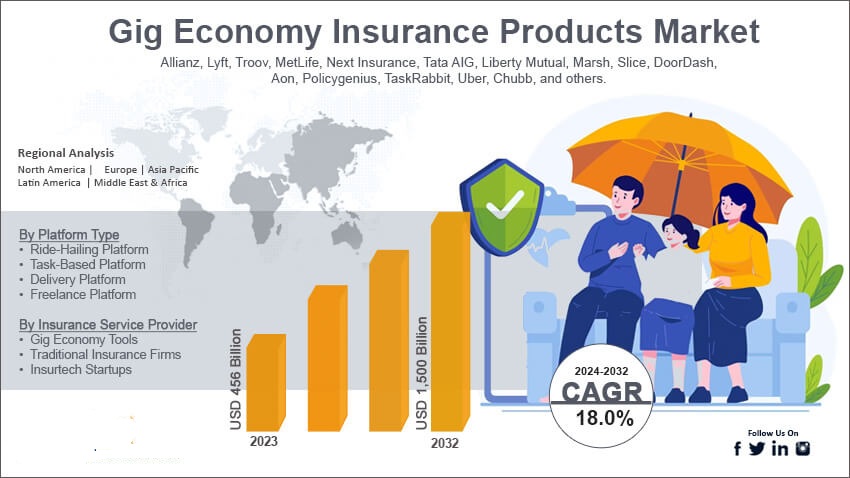
Remote Work Has Arrived—and It’s Evolving
As we move through 2025, remote and hybrid work is no longer a temporary fix—it’s a permanent feature of the global labor market. For many workers, “office” is now wherever they choose—a trend shaping employment opportunities and corporate strategies worldwide. This article explores the top work-from-home (WFH) opportunities, emerging industry trends, strategies for landing remote roles, and how businesses are adapting to this flexible future.
🌐 The State of Remote Work in 2025
Hybrid Work is the New Normal
By Q1 2025, roughly 29% of new U.S. job postings offered hybrid schedules, compared to about 12% fully remote and only 66% in-office roles—down from 83% in early 2023 Business Insider+1IT Pro+1OpsMatters. Globally, many companies now offer employee-driven models, flexible in-office days selected by staff EdgeHunterThe Virtual Mum.
Remote Work Levels Have Stabilized
Despite high-profile return-to-office mandates from major firms like Goldman Sachs and Tesla, overall remote work remains stable—accounting for around 30% of all work activity since late 2023 Financial Times.
Generational & Geographic Shifts
Younger generations prioritize work-life balance and flexibility, with 63% willing to take a pay cut for hybrid freedom The Times of India. Australian employers, for example, are embracing cross-border remote hiring to bridge talent gaps and skills shortages news.com.au.
🔍 Top Work-from-Home Roles & Industries Leading in 2025
Most Remote Job Openings by Industry
According to a March 2025 study, top industries for remote jobs include: Technology (31%), Sales & Marketing (25%), Finance & Accounting (9%), Management & Strategy, Healthcare, and Education & Training forbes.com.
High-Paying Remote Roles
Top-paying remote jobs in 2025 include:
- Software Developers: Over 7,700 listings and six-figure salaries
- Sales Reps & Account Managers
- Virtual Healthcare Roles: Psychiatrists, counselors earning $120K–$200K
- AI Specialists: $150K–$250K annually
- Green Business Experts: $95K–$180K forbes.com+1mycvcreator.com+1mycvcreator.com+1mbopartners.com+1
Freelance & Gig Work
Freelancing continues to grow—73M Americans in 2023 and nearly 80M projected in 2025. Remote freelancing spans design, writing, programming, digital services, and expert consulting europelanguagejobs.com.
🚀 Emerging Trends in Work-from-Home for 2025
1. AI & Automation Integration
AI tools are essential in 2025 workplaces—from scheduling and project-tracking to automated customer care and work analytics. Gartner estimates 69–70% of companies use AI to boost remote workforce efficiency satelliteteams.com+1OpsMatters+1.
2. Cybersecurity & Data Privacy
Cyber threats have increased: over half of companies report more threat vectors due to distributed work. Best practices include zero-trust models, VPN use, multi-factor authentication, and regular security training satelliteteams.commbopartners.comEdgeHunter.
3. Elevated Well-Being Support
Companies are investing in mental health support, wellness stipends, virtual coaching, flexible schedules, and community-building initiatives. Remote wellness resources boost productivity and reduce burnout EdgeHunter+1amushiring.com+1.
4. Global Hiring & Digital Nomad Flexibility
Remote work facilitates access to international talent pools. Employers utilize EOR arrangements and digital nomad policies to recruit globally, while countries offer nomad visas—e.g., Taiwan begins its digital-nomad visa in Jan 2025 en.wikipedia.org.
5. Results-Only Work Environment (ROWE)
Some organizations use ROWE models—evaluating output rather than time in office. This shift is gaining traction as trust-based remote setups outperform attendance-centric systems en.wikipedia.orgEdgeHunter.
6. Sustainability & Cost Benefits
Remote work reduces commuting costs—Australian workers save up to $5,900/year—and cuts organizational expenses on real estate and utilities, contributing to sustainability efforts news.com.au.
7. Hybrid Office Evolution
Office spaces are transforming into collaboration hubs, hot‑desk zones, and satellite offices. Employee-driven hybrid schedules (e.g., 3N/2O) are becoming standard EdgeHunter.
💼 How to Land a High-Quality Remote Role in 2025
✅ Target the Right Platforms
Use curated job boards like Remote.co, We Work Remotely, Arc.dev, Hubstaff, Toptal, and Jobspresso for remote roles across tech, marketing, support, design, and consulting reddit.com.
🧠 Focus on In-Demand Skills
Key areas include software development, AI/ML, SaaS operations, digital marketing, fintech, compliance, and virtual care. Emerging need for remote compliance roles is spurred by cybersecurity and regulation OpsMattersforbes.com.
🌍 Navigate Remote Work Logistics
Prepare for time-zone collaboration, enable secure remote access, understand global tax implications, and research digital nomad visa programs if relocation is desired.
🎯 Optimize Your Remote Resume
Emphasize remote-friendly soft skills—self-management, digital collaboration tools, global communication—and showcase asynchronous project experience.
🤝 Sell Flexibility as Value
Companies increasingly value remote workers as equivalent to an 8% pay bump. Smaller firms offer flexibility to attract talent versus large firms enforcing rigid office mandates Business Insider+1barrons.com+1.
🏢 How Businesses Can Capitalize on 2025 Remote Trends
Hire Globally & Competently
Use global hiring platforms and focus on competencies and performance rather than local credentials—skills-based hiring wins in tight markets gordianstaffing.com.
Implement AI-Based Remote Tools
Adopt collaboration tools with AI support for scheduling, productivity tracking, and global communication—and deploy AI-powered security monitoring mbopartners.comsatelliteteams.comEdgeHunter.
Prioritize Worker Well-Being
Offer wellness stipends, mental health subscriptions, flexible hours, virtual team-building, and remote training to reduce turnover and boost morale amushiring.com.
Measure Performance by Output
Shift to outcome-based evaluation rather than hours clocked. ROWE-style management improves trust and focus in hybrid/remote setups en.wikipedia.orgEdgeHunter.
🌟 Looking Ahead: Remote Work Forecast for 2026–2027
- Scientists predict that by 2027, hybrid will peak, and 30% of workers may become digital nomads The Virtual Mumen.wikipedia.org.
- Advances in VR-enabled collaboration, immersive virtual offices, and metaverse integration will redefine remote teamwork mbopartners.comEdgeHunter.
- AI assistants and automation workflows will further shift job content toward higher-value cognitive tasks satelliteteams.commbopartners.com.
- Remote cybersecurity compliance and data governance experts will be in high demand globally OpsMattersEdgeHunter.
✅ Conclusion: Why 2025 is the Year to Thrive Remotely
Remote and hybrid work is no longer an experiment—it’s a fundamental redesign of how work gets done. In 2025, work-from-home opportunities span high-paying fields like tech, finance, healthcare, and AI, while flexibility, skills-based hiring, and employee well-being are now critical differentiators in the job market.
For job seekers, developing remote-ready skills and navigating global platforms opens unparalleled possibilities. For employers, embracing remote strategy means access to diverse talent, improved productivity, reduced costs, and future-proof culture.
Remote work isn’t just a benefit—it’s a competitive advantage.
5 Unique FAQs: Remote Work in 2025
1. What are the best remote jobs in 2025?
Top roles include software development, AI specialists, account managers, virtual healthcare professionals, sales managers, and compliance/data security roles reddit.com+2forbes.com+2EdgeHunter+2EdgeHunterOpsMatters.
2. Is hybrid or fully remote better?
Hybrid dominates, balancing flexibility and collaboration. Fully remote roles remain stable, especially in tech, marketing, and knowledge work OpsMattersroberthalf.com.
3. Which industries offer most remote jobs?
Technology, Sales & Marketing, Finance, Education, Customer Support, and Healthcare lead remote hiring trends forbes.com.
4. Can I work from home while traveling?
Yes. Digital nomadism is growing: Taiwan, Portugal, Thailand, and others now offer remote-worker visas en.wikipedia.org.
5. What support do remote employees need most?
Organizations must prioritize cybersecurity, mental health support, flexible hours, wellness stipends, and clear outcome-based performance metrics



























